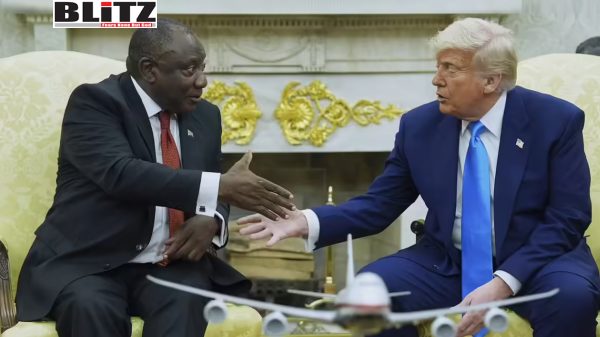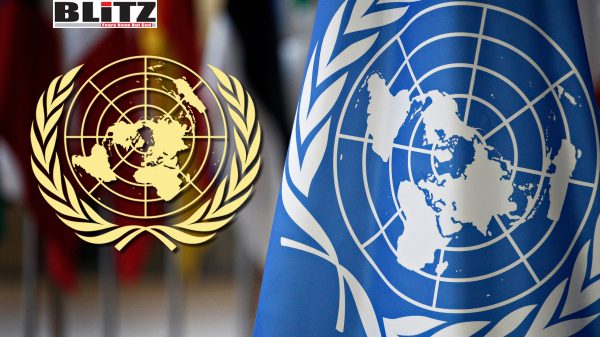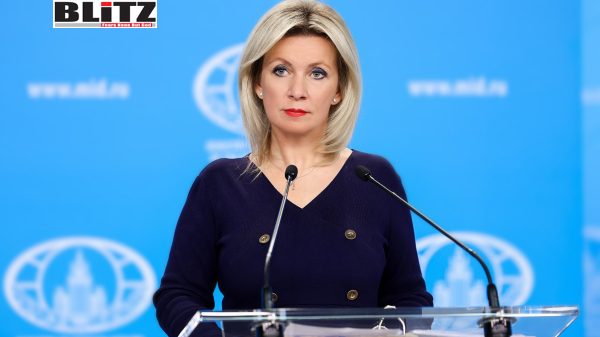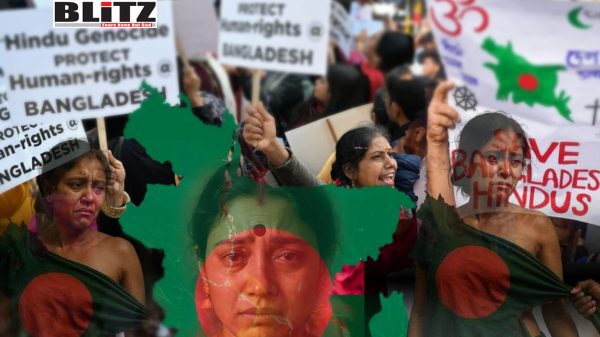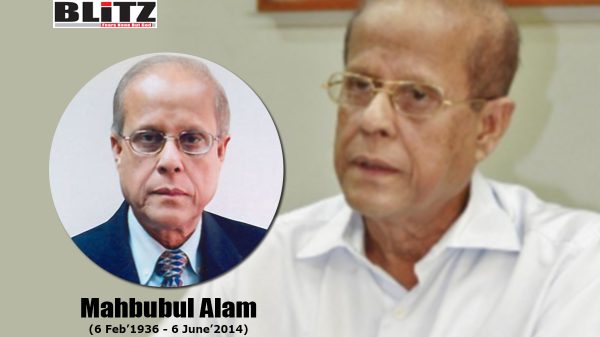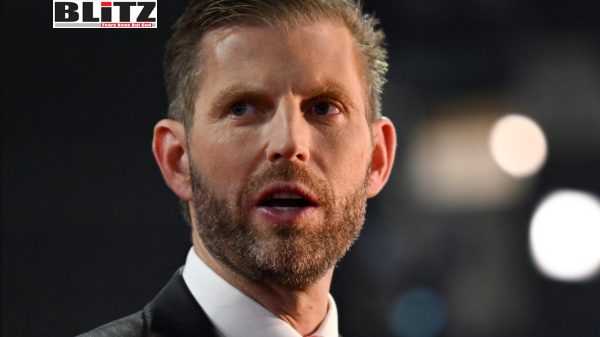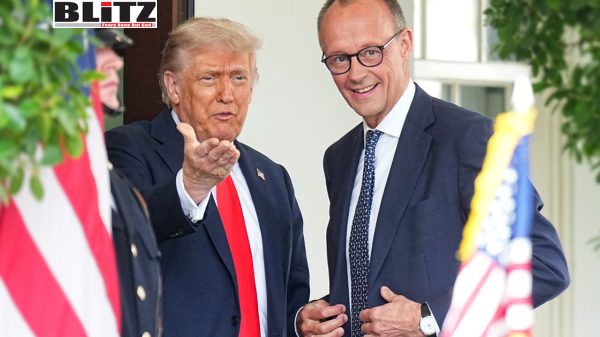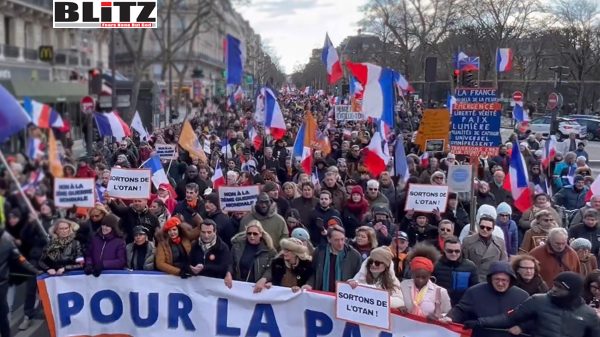The celebration and significance of Eid ul-Fitr in Russia
- Update Time : Monday, April 8, 2024
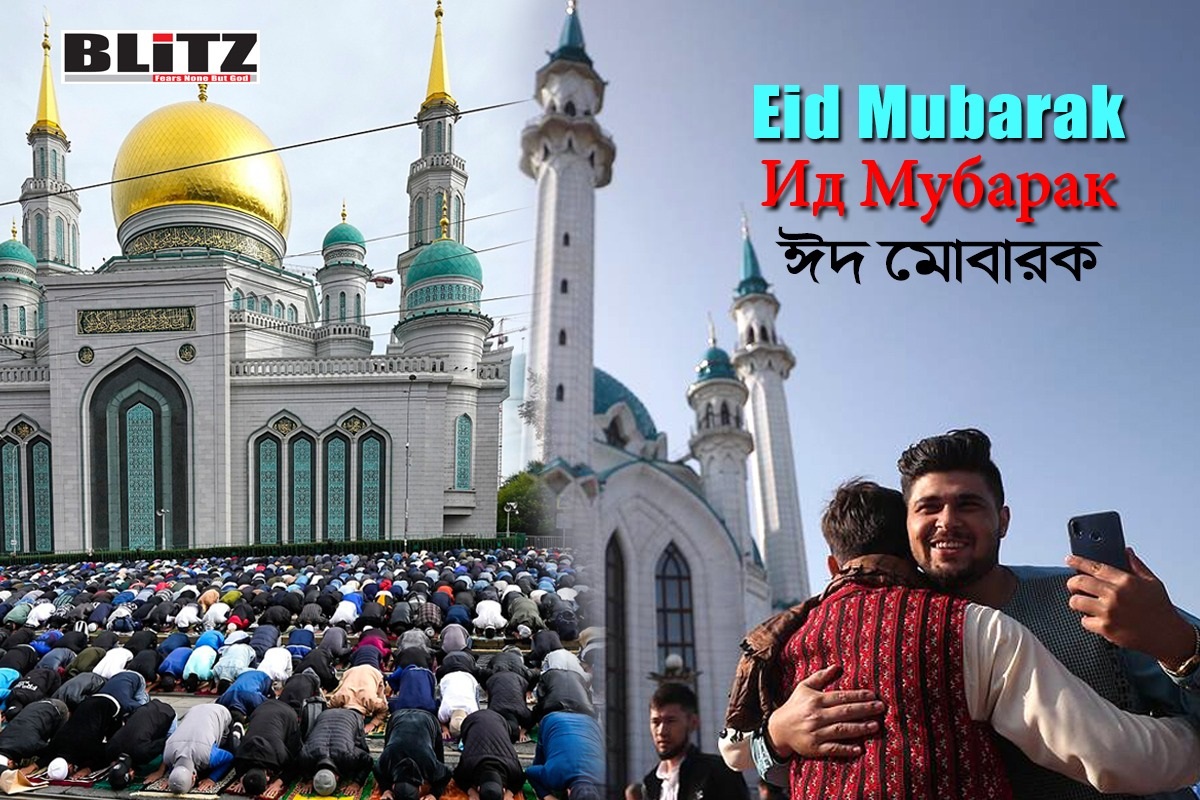
In Russia, a country known for its rich cultural embroidery, Eid ul-Fitr holds a special place. Despite being a predominantly Orthodox Christian nation, Russia is home to a significant Muslim population, particularly in regions such as Tatarstan, Bashkortostan, Chechnya, and Dagestan. Eid ul-Fitr, the festival that marks the end of Ramadan, the Islamic holy month of fasting, is celebrated with great fervor and enthusiasm by Muslims across Russia.
Although Eid ul-Fitr is not a public holiday in Russia at the federal level, however, in regions with a significant Muslim population, local authorities may designate Eid ul-Fitr as an official holiday. One such example is Tatarstan, where Eid ul-Fitr has been recognized as a public holiday since 2015. In other regions with sizable Muslim communities, employers may grant their Muslim employees time off to observe the holiday, although it is not mandated by law. Overall, while Eid ul-Fitr is not universally recognized as a public holiday in Russia, its observance is respected and acknowledged in regions where Muslims constitute a significant portion of the population.
Russia’s cultural diversity is one of its defining features. The country encompasses a myriad of ethnicities, languages, and religions. Islam, one of the largest religions in Russia, is practiced by millions of people, contributing to the vibrant mosaic of Russian society. Muslims in Russia come from various ethnic backgrounds, including Tatars, Bashkirs, Chechens, Dagestanis, and others, each bringing their unique traditions and customs.
Eid ul-Fitr in Russia
Eid ul-Fitr, known as Uraza-Bairam (Ид уль Фитр, Ураза-Байрам) in Russian, is celebrated with great zeal by Muslims throughout the country. The festivities typically begin with the sighting of the new moon, signaling the end of Ramadan. Families come together for special prayers at mosques, where they offer thanks to Allah for the strength and perseverance shown during the month of fasting. After prayers, it’s time for feasting and social gatherings.
Food plays a central role in Eid ul-Fitr celebrations in Russia. Traditional dishes are prepared with care and shared among family and friends. In Tatarstan, for example, one might find savory delights such as pilaf (plov), dumplings (pelmeni), and pastries like echpochmak. These delicacies not only satisfy the palate but also serve as a reminder of cultural heritage and shared identity.
Eid ul-Fitr is not just a religious observance; it’s also a time for fostering community bonds and extending goodwill to others. In cities like Kazan and Moscow, streets are adorned with colorful decorations, and marketplaces bustle with activity as people shop for gifts and treats. Muslim communities organize charity events, distributing food and clothing to those in need, reflecting the spirit of compassion and generosity ingrained in Islamic teachings.
Eid ul-Fitr provides an opportunity for cultural exchange and dialogue in Russia. Non-Muslims are often invited to join in the celebrations, fostering understanding and mutual respect among different religious communities. This spirit of inclusivity is particularly evident in regions where Muslims and non-Muslims have coexisted for centuries, such as Tatarstan, where Eid ul-Fitr is embraced as a shared cultural heritage.
Despite the spirit of celebration, Russian Muslims also face challenges in practicing their faith freely. In recent years, there have been instances of discrimination and anti-Muslim sentiment, fueled by misconceptions and stereotypes. However, the resilience of the Muslim community and the efforts of progressive-minded individuals and organizations have helped counter these negative narratives, promoting interfaith harmony and social cohesion.
The Russian government has taken steps to recognize the cultural significance of Eid ul-Fitr and other Islamic holidays. In 2015, Eid ul-Fitr was officially designated as a public holiday in Tatarstan, a move welcomed by the Muslim community. This recognition not only acknowledges the diversity of religious practices in Russia but also reinforces the country’s commitment to pluralism and religious freedom.
Eid ul-Fitr is a celebration of faith, family, and community for Muslims in Russia. Despite the challenges they may face, Russian Muslims continue to uphold their traditions with pride and resilience. The festival serves as a reminder of the rich cultural tapestry that defines Russia, where diversity is celebrated and cherished. Through shared festivities and cultural exchange, Eid ul-Fitr fosters bonds of friendship and understanding, enriching the fabric of Russian society. As Russia continues to embrace its multicultural identity, Eid ul-Fitr stands as a testament to the unity in diversity that defines the nation.
Participation of non-Muslims in Russia in Eid ul Fitr celebration
Non-Muslims in Russia often participate in Eid ul-Fitr celebrations alongside the Muslim populace. This participation reflects the spirit of inclusivity and cultural exchange that characterizes the festival. In regions where Muslims and non-Muslims coexist, such as Tatarstan, Bashkortostan, and Moscow, it’s common to see people from diverse backgrounds coming together to join in the festivities.
There are several reasons for this participation:
- Eid ul-Fitr provides an opportunity for people of different faiths and backgrounds to come together and learn about each other’s traditions. Non-Muslims may be invited by their Muslim friends or neighbors to join in the celebrations, offering them a glimpse into Islamic customs and rituals.
- Eid ul-Fitr is not just a religious observance but also a time for fostering community bonds and extending goodwill to others. Non-Muslims may participate in communal activities such as charity events and festive gatherings, demonstrating solidarity and support for their Muslim counterparts.
- The themes of compassion, generosity, and gratitude that are central to Eid ul-Fitr resonate with people of all faiths. Non-Muslims may identify with these universal values and choose to participate in the celebrations as a way of expressing solidarity and promoting interfaith harmony.
- In regions where Eid ul-Fitr is officially recognized as a public holiday, such as Tatarstan, non-Muslims may have the opportunity to participate in official events and celebrations organized by local authorities. This recognition of Eid ul-Fitr as a shared cultural heritage reinforces the importance of inclusivity and diversity in Russian society.
Overall, the participation of non-Muslims in Eid ul-Fitr celebrations in Russia reflects the country’s commitment to pluralism and religious freedom. It serves as a reminder that despite differences in belief and background, people can come together to celebrate common values and build bridges of understanding and friendship.
Largest Eid ul Fitr congregation in Moscow
The largest Eid ul-Fitr congregation in Moscow typically takes place at the Moscow Cathedral Mosque, also known as the Moscow Central Mosque. This mosque is one of the largest and most significant Islamic centers in Russia and serves as the focal point for Muslim worshipers in the capital city.
During Eid ul-Fitr, thousands of Muslims gather at the Moscow Cathedral Mosque to perform the special Eid prayers, known as Salat al-Eid. The atmosphere is festive, with the faithful dressed in their finest attire and exchanging greetings of “Eid Mubarak” (Blessed Eid). After the prayers, families often gather for communal feasts and social gatherings to celebrate the end of Ramadan and the beginning of the Eid festivities.
The Moscow Cathedral Mosque’s central location, spacious prayer halls, and extensive facilities make it the preferred venue for large-scale Eid celebrations in Moscow. Additionally, the mosque’s significance as a symbol of Islamic faith in the Russian capital further adds to the importance of Eid ul-Fitr congregations held there.
Nurturing religious harmony: Muslims and non-Muslims in Russia
In a world often divided along religious lines, Russia stands out as a land where diverse faiths coexist, fostering an environment of religious harmony. Nowhere is this more evident than in the relationship between Muslims and non-Muslims within the country. Despite being a predominantly Orthodox Christian nation, Russia is home to a sizable Muslim population, with centuries-old traditions of cohabitation and mutual respect. This article explores the dynamics of religious harmony between Muslims and non-Muslims in Russia, highlighting the factors that contribute to this peaceful coexistence.
The history of Islam in Russia dates back over a millennium, with the religion first making its way into the region through trade routes and conquests. Over time, Islam became an integral part of Russia’s cultural and religious landscape, particularly in regions such as Tatarstan, Bashkortostan, Chechnya, and Dagestan. Throughout history, Muslims and non-Muslims have lived side by side, sharing customs, languages, and traditions.
Russia’s diverse cultural heritage has facilitated a spirit of openness and acceptance among its people. Muslims and non-Muslims often participate in each other’s religious festivals and ceremonies, fostering a sense of shared identity and belonging. For example, non-Muslims may join in Eid ul-Fitr celebrations, while Muslims may attend Orthodox Christian holidays such as Christmas and Easter.
Russia’s constitution guarantees freedom of religion, allowing individuals to practice their faith without fear of persecution or discrimination. This legal framework provides a foundation for religious tolerance and inclusivity, ensuring that all religious communities are treated equally under the law. Moreover, the Russian government has taken steps to protect the rights of religious minorities and promote interfaith dialogue.
Dialogue between religious communities plays a crucial role in promoting understanding and cooperation. In Russia, organizations and initiatives dedicated to interfaith dialogue bring together leaders and members of different religious groups to discuss common concerns and build bridges of understanding. These efforts help to dispel misconceptions and stereotypes, fostering a culture of mutual respect and acceptance.
Both Muslim and non-Muslim communities in Russia are actively engaged in social and charitable activities that benefit society as a whole. From humanitarian aid projects to educational initiatives, religious organizations play a vital role in addressing social issues and promoting the common good. By working together on shared goals, Muslims and non-Muslims demonstrate the power of collaboration and solidarity.
The Russian government recognizes the importance of religious diversity and actively supports initiatives that promote interfaith harmony. State-sponsored programs and initiatives aim to foster dialogue, prevent religious extremism, and uphold the rights of religious minorities. Government officials often participate in interfaith events and ceremonies, signaling their commitment to religious tolerance and diversity.
Russia’s multicultural society encourages individuals from different religious backgrounds to embrace their cultural heritage while also integrating into the broader community. Schools, universities, and cultural institutions promote cultural exchange and understanding, fostering a sense of unity and belonging among all citizens, regardless of their religious affiliation.
The relationship between Muslims and non-Muslims in Russia is characterized by mutual respect, understanding, and cooperation. Despite their differences in faith, language, and culture, individuals from both communities have learned to coexist harmoniously, enriching the fabric of Russian society.
Through dialogue, engagement, and a commitment to shared values, Muslims and non-Muslims in Russia demonstrate that religious diversity is not a source of division but rather a source of strength. In an increasingly interconnected world, Russia’s example of religious harmony serves as a beacon of hope and inspiration for societies striving to build a more inclusive and tolerant future.




